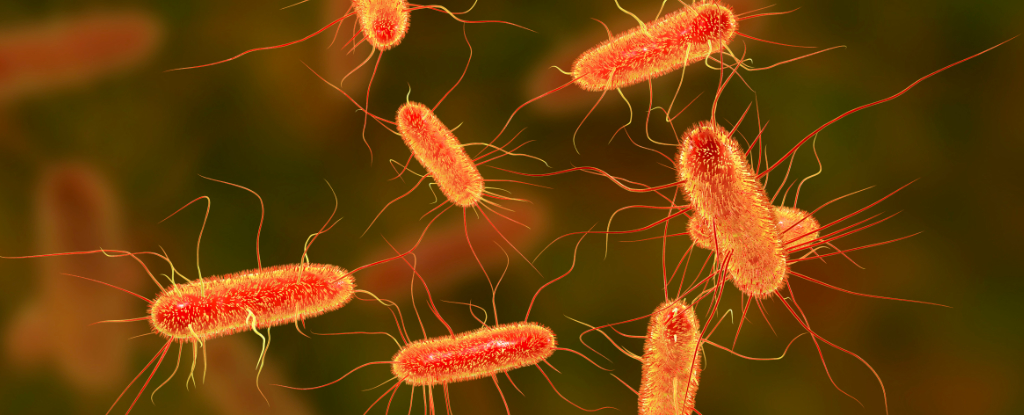One person has died and dozens have fallen sick following a severe E. coli outbreak linked to McDonald’s Quarter Pounder hamburgers, the US Centers for Disease Control and Prevention (CDC) said Tuesday.
The outbreak, which began in late September, spans 10 western states with most of the 49 cases concentrated in Colorado and Nebraska, the health agency said.
Shares in the fast food chain dropped more than six percent in after-hours trading following the announcement.
Ten people have been hospitalized, including one child with hemolytic uremic syndrome – a serious condition that damages blood vessels in the kidneys.
“One older person in Colorado has died,” a CDC statement said.
All affected people carried the same strain of E. coli and reported eating at McDonald’s before developing their symptoms, with most specifically recalling having had Quarter Pounders.
While investigators have not yet pinpointed the exact ingredient causing the outbreak, they are focusing on slivered onions and beef patties – both of which have been removed from restaurants in the affected states pending further investigation.
“Food safety is so important to me and everyone at McDonald’s,” said Joe Erlinger, president of McDonald’s USA in a video message. “We’ve taken steps to proactively remove slivered onions, which are used in Quarter Pounders, in select states.
“We’ve also made the decision to temporarily remove the Quarter Pounder from restaurants in select states.”
He added the majority of states are not affected. In affected states, other menu items including other beef products remain available.
The agency advised those who consumed a Quarter Pounder and developed symptoms of E. coli poisoning – such as diarrhea, a fever over 102 degrees Fahrenheit (38.9 C), and vomiting – to seek medical attention.
Symptoms typically begin three to four days after exposure, and most individuals recover within five to seven days without treatment. However, some cases can become severe and require hospitalization.





